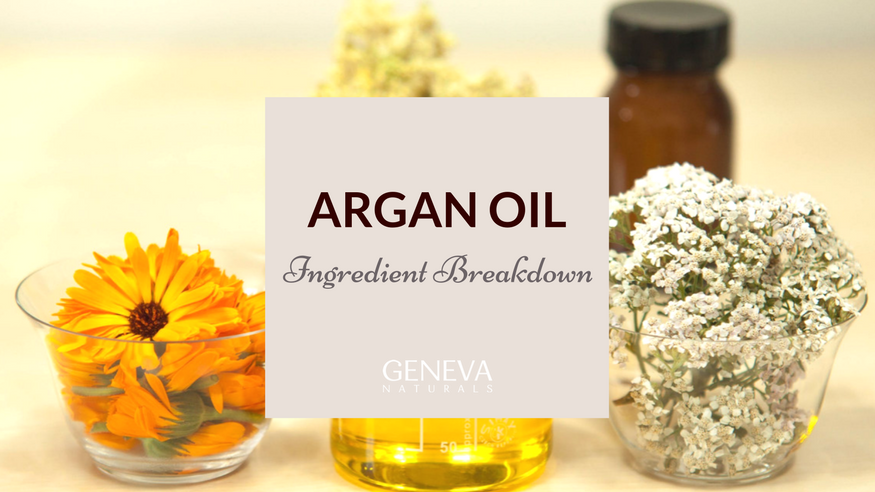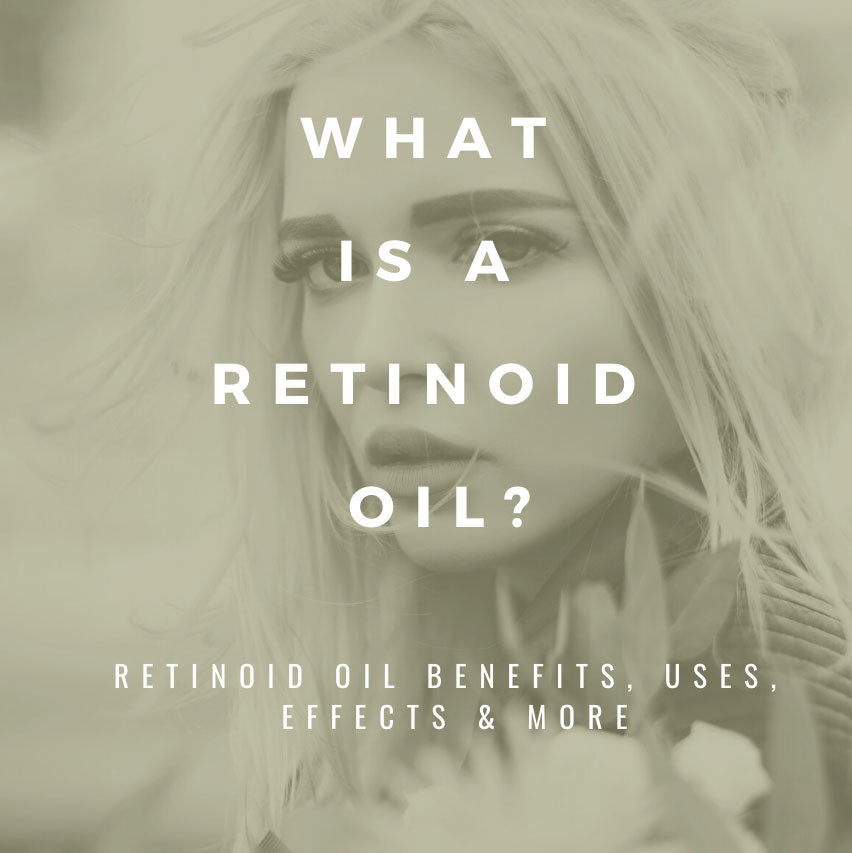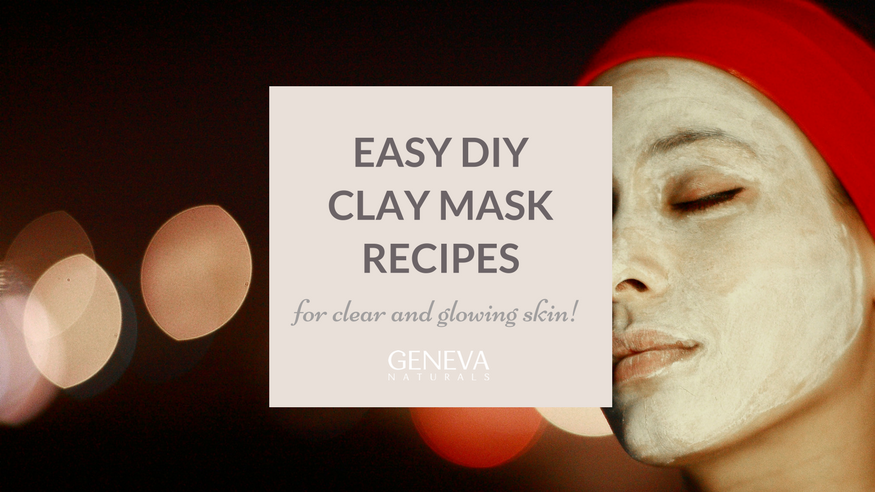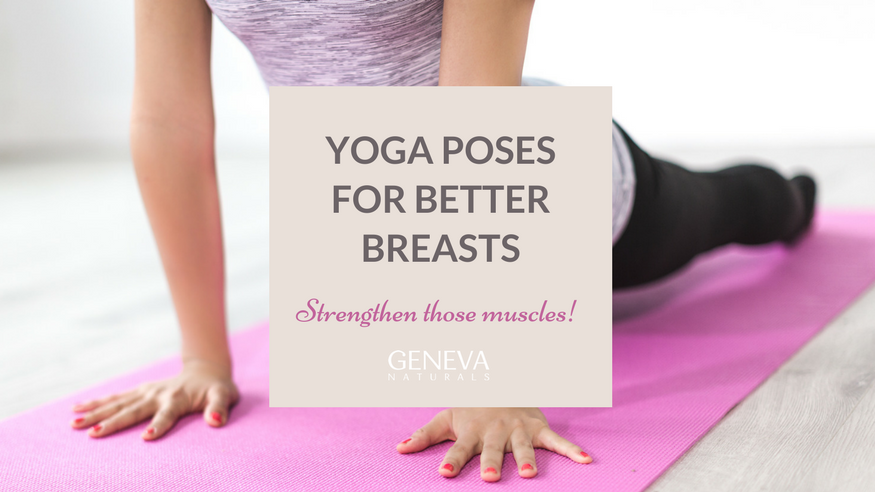Ingredient Breakdown: Argan Oil


You’ve probably heard the saying “Big things come in small packages.” This is true of argan oil. It is often called “liquid gold” and for centuries has been used for its big benefits. To some, it may be surprising that this potent oil comes from a small kernel. It is a common ingredient in many skin care and hair care products and we want to share with you some of the benefits we love about this “liquid gold” oil.
What is Argan Oil?
Argan oil is a plant oil made from the kernels of the argan tree, which is native to Morocco. The tree’s fruit is round and small and contains a nut that is used to produce argan oil. The argan tree grows at a slow rate, and since they are such prized trees, Morocco’s Argan Forest has been named a Biosphere Reserve to help protect the growth of the trees.
Moroccan natives have used this precious extracted oil to treat wounds, relieve skin irritation and bug bites, and nourish hair and skin. Argan oil is rich in vitamins A and E, essential fatty acids, and linoleic acid, making it a great benefit providing natural product for skin and hair.
Moisturizer
Argan oil helps to moisturize all skin types. It helps to hydrate the skin without causing breakouts. This is because argan oil absorbs quickly into the skin and doesn’t leave a sticky, oily residue. Vitamin A and E found in argan oil help to moisturize the skin, even in harsh weather and climates, and is gentle enough to be used on the delicate skin around the eyes.

Anti-Aging
Aging is a natural process that can alter our natural beauty with the production of wrinkles, sagging skin, dark circles under the eyes, and uneven skin tone. Fortunately, these aging signs of the skin don’t have to be permanent. A facelift could always be an option, but there are more natural ways to fight and prevent the signs of aging – argan oil is one of them. Argan oil acts as a toner and gives the skin a youthful glow and minimizes the appearance of wrinkles. The antioxidants found in argan oil help to protect the skin from cell and tissue damage, tighten the skin, and create plumper, softer skin.
Acne Treatment
When looking for a natural acne treatment, you might want to consider argan oil. Argan oil reduces sebum production, making it less likely for pores to clog and acne to form. The high content of linoleic acid in argan oil reduces acne-caused inflammation, soothes rashes, reduces infection, and heals damaged skin.
Hair Conditioner
Argan oil works as a hair conditioner because it effectively softens and shines hair. It is often used to tame frizzy hair and treat split ends. Argan oil can also be used when styling hair as it adds a healthy shine to all hair types.
Wondering how to begin adding argan oil to your daily beauty routine? Here are a few suggestions:
- After blow drying your hair rub a few drops over the palms of your hands and comb your hair with your fingers.
- Gently smooth a few drops on your face and neck after using a facial cleanser.
- Apply under your arms and on your legs after shaving to soothe any cuts and burns.
- Rub a little argan oil on areas where you are suffering from irritated for dry skin and let the nutrients and fatty acids soak into your skin.
- To use as an acne treatment, apply a few drops to the affected area after cleansing, rinsing, and gently drying the skin. For mild acne and to balance oily skin, repeat this process twice daily.

Want to save this for later? Pin me!
Also in Geneva Naturals

What Is A Retinoid Oil? Retinoid Oil Benefits, Uses, Effects & More

DIY Clay Mask Recipes for Clear Skin


